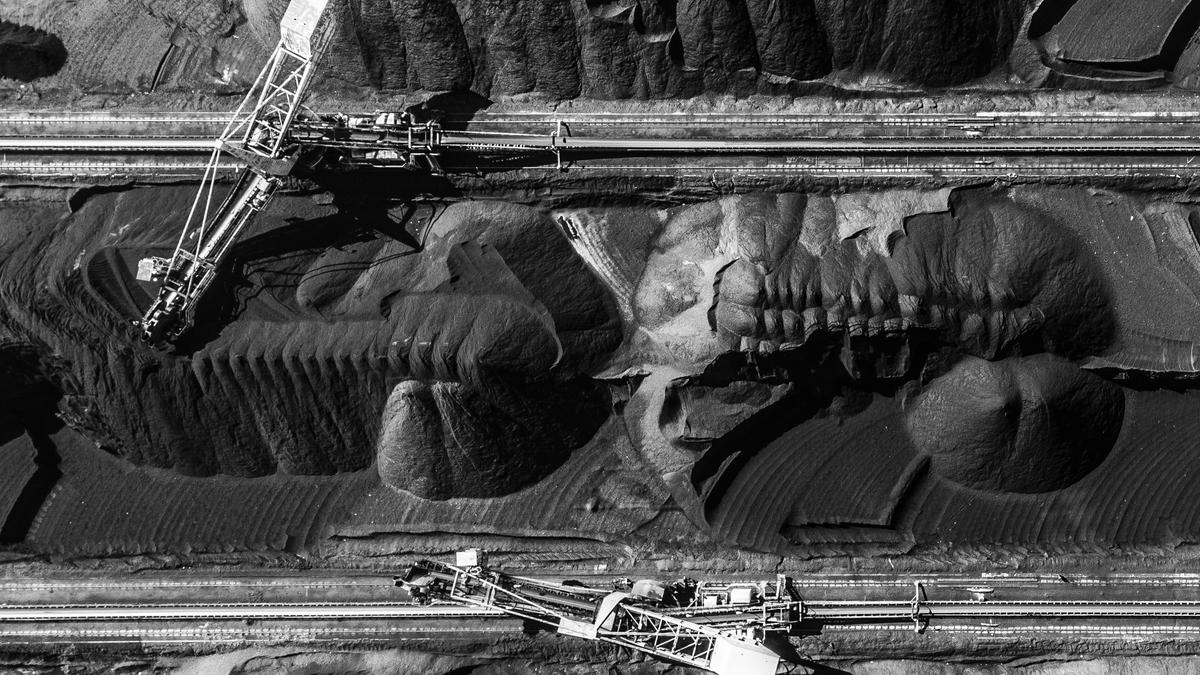
Explained | The promise and challenges of a carbon circular economy
The Hindu
The circular economy’s promise is to lower our dependence on natural resources without compromising on economic growth. The question is whether such an economy can be created for carbon specifically, and the challenges therein. A climate scientist explains.
Carbon dioxide emissions and the circular economy are both hot topics these days. While emissions are the problem, circular economy could be the solution, at least a partial one.
Our current economy is built on a linear model: we take the required natural resources from the ground, make products out of them, use them, and then throw them away at the end of their lives. This model is not sustainable.
The alternative is the circular model: take, make, use, recycle, reuse. Here, we extend the lives of products and use the waste they create as a resource with which to recreate similar or other products. This way, our dependence on natural resources can go down without compromising on our comforts or economic growth.
Now, can we create a circular economy for carbon dioxide (CO2) as well?
As we continue to burn fossil fuels and destroy our natural habitats, CO2 continues to accumulate in the atmosphere. Heat reflected by the earth doesn’t all escape to space; some of it is trapped by atmospheric CO2 and other greenhouse gases, leading to warmer land and oceans, accelerating ice melt, sea-level rise, and extreme weather events. As a result, we have food shortages, disease, loss of lives and property, forced migrations, and considerable suffering.
We need to stop emitting ‘new’ CO2 as well as remove some of the CO2 piled up in the atmosphere. There are a few ways to do the latter, with natural systems or human-made technologies.
Our planet has a rich biosphere, hydrosphere, and land mass, all of which are capacious carbon sinks. Trees and plants absorb CO2 as they grow, storing carbon in their biological mass. The oceans absorb and store CO2 through contact with air. The cycle of marine life – particularly as the mortal remains of fishes and plankton sink to the seafloor, where they are decomposed and the nutrients from their bodies are infused into the ecosystem there – also contributes. Soils hold carbon through microbial organisms and bubbles of air. The global temperature would have risen much more if these natural carbon sinks were not at work.

Thomas Jefferson and Abraham Lincoln are two of the greatest presidents that the U.S. has seen. You probably know that already. But did you know that Jefferson made what is considered the first contribution to American vertebrate paleontology? Or that Lincoln is the only U.S. president to receive a patent? What’s more, both their contributions have March 10 in common… 52 years apart. A.S.Ganesh hands you the details…












